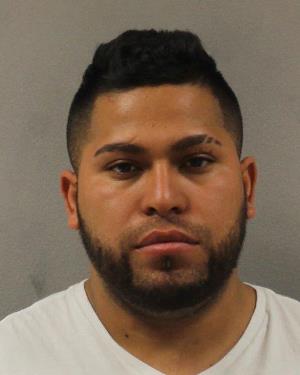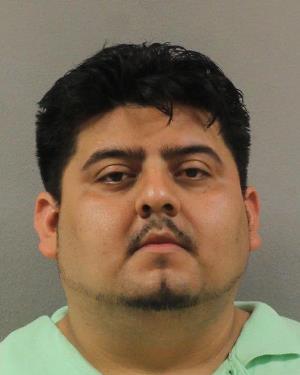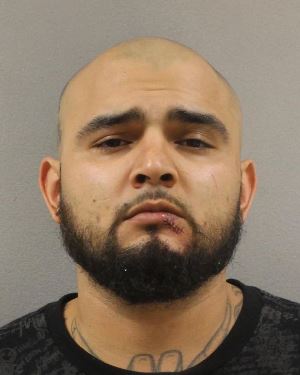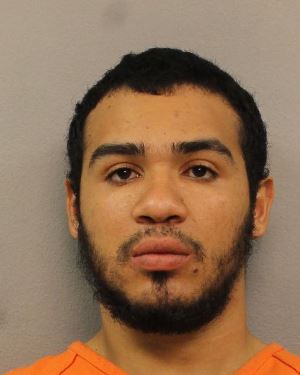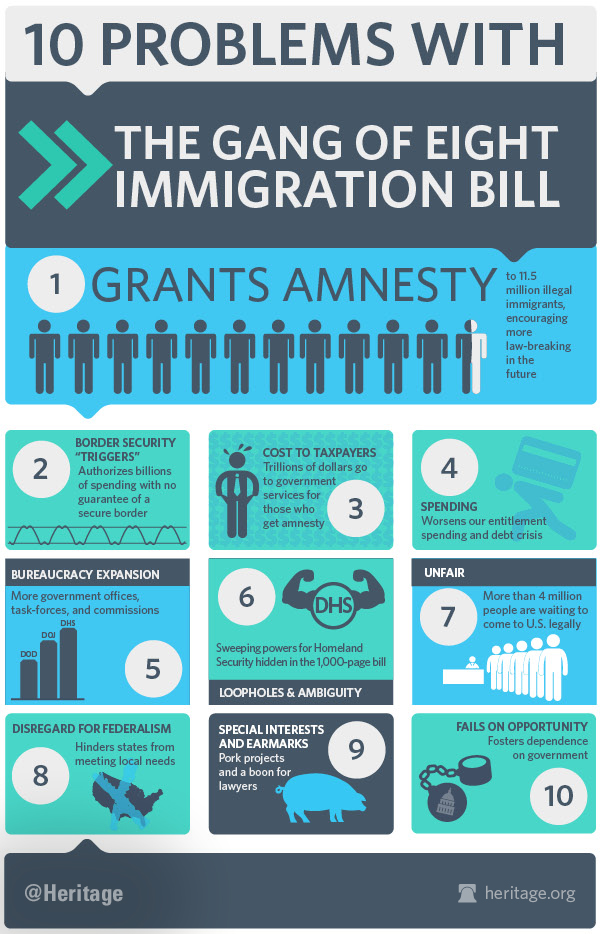A man was arrested and charged with one count of murder after officers said he shot and killed his former supervisor at a landscaping business near The Avenues Mall on Wednesday.
Ezequiel Lopez, 24, who is not a U.S. citizen, told police he planned to shoot 55-year-old Andrew Little at B&L Landscaping because he felt disrespected by him.

Little was a supervisor and 20-year employee at the landscaping business. Officers said Lopez shot Little once in the back.
A bullet also grazed Little’s cheek. There was a struggle, then Lopez’s gun malfunctioned.
Little died at the scene.
Lopez heard sirens and tried to run.
Joshua Curry worked with Lopez and said he grabbed his gun from his car after he heard his co-workers yell “active shooter!” He said he held Lopez at gunpoint until police arrived.
Officers said Lopez shot Little because he thought Little treated him differently than other employees.
Lopez worked at the business for six years. He’d recently been moved to a different work group from Little’s.
Officers said Lopez is not a U.S. citizen and it will be up to Immigrations to investigate.
Curry said Lopez had problems with everyone with whom he worked and recently had been picking random fights with his co-workers.
***** Then a deported cartel member in Nashville:
Previously Deported Leader of Honduran Drug Group Arrested In Nashville
NASHVILLE, TENNESSEE — Months of work by narcotics detectives assigned to the Specialized Investigations Division led to today’s takedown of a Nashville heroin distribution group with ties to Honduras.
The alleged leader of the Nashville group, Victor Cardoza-Martinez, 24, admits to being a felon who had previously been deported from the United States.
This investigation began in mid-2015 after the police department received information that this group was distributing heroin and methamphetamine in the South Nashville area. Extensive surveillance was conducted and multiple undercover buys were made from the group.
This morning, contemporaneous search warrants were executed at a number of locations, including 5319 Nolensville Pike, apartment D-107 (where Cardoza-Martinez was arrested), 298 Cedarcreek Drive, 331 Wallace Road, 535 Raymond Street, 885 Irma Drive, 268 Coral Court, and 365 Paragon Mills Road. Seizures included $10,717 cash, 7 vehicles, 7.5 ounces of methamphetamine, 6 ounces of heroin and 15 grams of cocaine.
At the 365 Paragon Mills apartment location, Carlos Ochoa, 26, was pulling out in a 2009 Infiniti sedan as officers arrived. Ochoa quickly accelerated, crossed the street and crashed the Infiniti into a tree line. Ochoa kicked his way out of the vehicle and fled on foot. Officers arrested him minutes later on Tampa Drive. Cocaine packaged for resale was recovered from the vehicle wreckage.
The 7 persons charged in this case are:
-Victor Cardoza-Martinez, who is charged with engaging in a heroin distribution conspiracy and 3 counts of selling methamphetamine. His bond is set at $300,000.
-Walter Chinchilla, 21, of 885 Irma Drive, who is charged with engaging in a heroin distribution conspiracy. His bond is set at $150,000.
-Juan Bonilla, 30, of 331 Wallace Road, who is charged with engaging in a heroin distribution conspiracy. His bond is set at $150,000.
-Ruby Perez, 23, of 885 Irma Drive, who is charged with engaging in a heroin distribution conspiracy. Her bond is set at $150,000.
-Josselyn Caceres-Barahona, 22, of 365 Paragon Mills Road, who is charged with possessing cocaine for resale.
-Carlos Ochoa, 26, of 4404 Tennessee Avenue, who is charged with possessing cocaine for resale, evading arrest, leaving the scene of a crash, and driving without a license.
-Fredy Reyes, 20, of Bridgeway Circle (not yet in custody), named in an outstanding warrant charging that engaged in a cocaine conspiracy.
The Specialized Investigations Division continues to make heroin interdiction a priority, fully realizing that heroin abuse is both a law enforcement issue and a public health threat. Heroin overdoses and deaths are significant concerns in cities across America, large and small, Nashville included.





